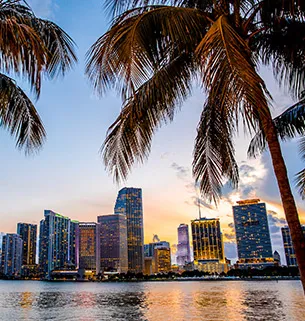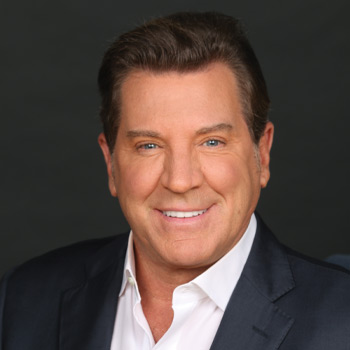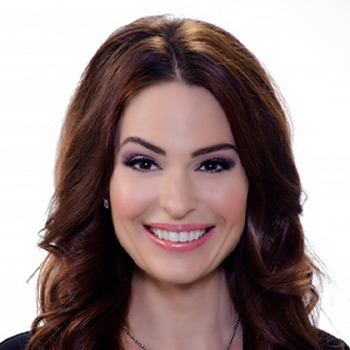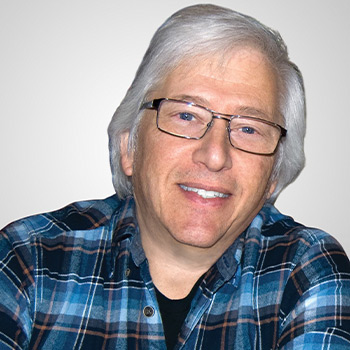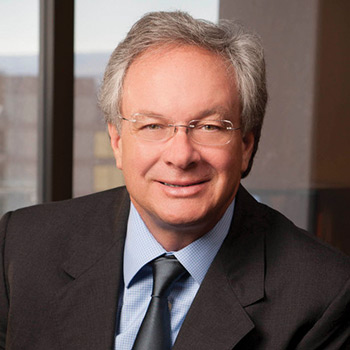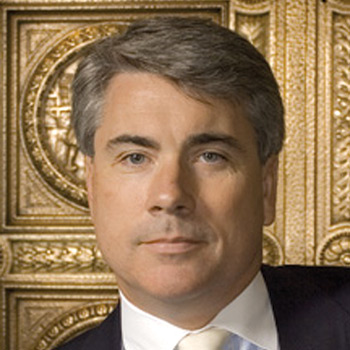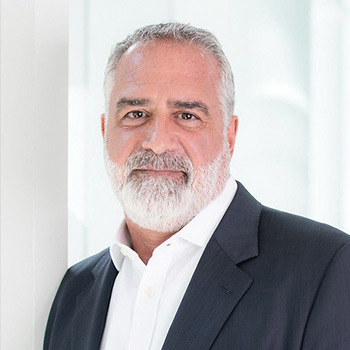After the developed markets began to unravel, the global economic system rising from the rubble has emerging markets at its center, reports Felicity Glover in The National.
Carlos Machado is the Dubai-based head of Bank of Brazil, the largest lender in Latin America by assets. Based in the UAE for just one year, Machado recently launched his second book, The Rise of a New Order.
He says his time in the Emirates has given him a unique view of the global financial crisis and how it has led to emerging markets, particularly the UAE, becoming key players in the global economy, a position from which they had previously been excluded.
What inspired you to write The Rise of a New Order?
The idea for the book comes in the wake of the events that followed the great financial crisis of 2008, which took banks in the US and Europe to the brink of collapse and prompted massive bailouts.
The idea of writing a book that could provide an extended historical overview on the consolidation process of this model in crisis emerged in parallel discussions about new bailouts of Greece, which is facing the threat of default, and that out of the crisis, it must go through a reordering of the model.
This is through, for example, the "peripheral" countries that have always been excluded from the benefits generated by a process that I call "financialization" of capital. This has been established as a concrete alternative through the consistent growth of their economies, employment generation, and income distribution.
What is the future of the "old world order"?
When we speak of the emergence of a new order, it is the claim of unique arrangements that were disconnected from the imposition of western values that were universalized in the process of settlement made by the countries of the "central block" [old world order].
In the process, where these countries that were excluded from the benefits of the global order that took place in the last six centuries, the dominant values were digested into a "melting pot" of their subjective symbolic universe, resulting in unique ways that crossed the single dimension of the overall production process.
As these processes are effected, even at different times in different societies in Latin America, Africa, the Middle East, and Asia, the potential of establishing a state of cooperation between these countries—called cooperation South/South—increases the opportunity to articulate common problems generated by years of "colonialist domination" from successful experiences of countries that have "dropped" in front.
The big question is to avoid the temptation to implement a "recolonization" of the countries that are beginning to take the first steps in this direction, like it did in the US imperialist expansion of the former British colonies in North America. The emergence of this new era is a cry of hope that circulates through a large global village and directs the construction of a world—not from claims of a universal identity, but by a multiplying of ways of thinking and acting, being together and conflict.
How important is the UAE's role in the new world order?
With its focus on emerging markets, the book is especially relevant to the UAE and other Arab countries. It is a privilege to be based in the UAE, where I am participating in what I predict in this book: the rise of a new Middle East, a region that now will be impossible to leave out of the global plans of capital circulation, and which is now a key global operator with increasing influence.
The speculative model of growth that took part until the 2008 crisis is giving way to priorities meant to revive the UAE's status as the dominant trading hub between the West and the Middle East. While the world was languishing in a recession, the UAE kept investing to build and consolidate a country in a long-term development strategy.
Read more from The National here...
Related Reading:
Global Storm May Swamp Safe Harbors
Big Chance for Dubai Oil Stock
6 Global Income Picks

